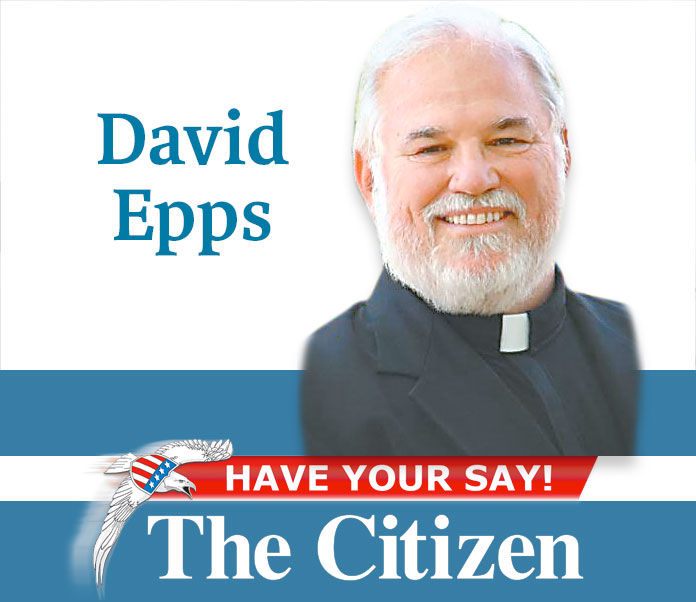A recent Barna poll has indicated that, in the next 18 months, 20% of all churches in the United States are likely to close as a result of the pandemic.
If accurate, this would mean that, in the United States, 9,491 Southern Baptist churches (out of 47,456 churches as of 2018) would shut down. With 17,000 parishes, the Catholics Church would close 3,400 churches. The Assemblies of God and the Church of God in Christ would both lose 2,400 churches. Other denominations would be similarly affected. Part of the reason may be financial.
An April 24, 2020 article in the Washington Post states that churches, especially small churches, are living week to week, have eliminated much of paid staff, and are struggling to pay their mortgages. Even though congregations may not be meeting as usual, the expenses are virtually the same.
A significant portion of church-goers have a “movie ticket mentality.” That is, “If I don’t go to a movie, I don’t pay for a ticket,” which translates as, “If I don’t go to church, I don’t give an offering.” It is a flawed concept of stewardship but is widespread in some circles.
Another factor may be that only about 20% of churches were live-streaming their services prior to the pandemic. The church was, thus, out of sight and out of mind. Many church leaders were having to learn how and what to do and decide if they could afford to live-stream. Most realized that they could not afford to neglect live-streaming.
More troublesome, 58% of pastors surveyed believe that their own church will not survive the current crisis. If the pastors themselves have this gloomy viewpoint, it stands to reason that their congregations will likely be affected by their pessimism. Leaders set the tone. Even if they try to hide their true feelings, many people are able to pick up on the non-verbal signals and indicators. If the captain believes the ship will sink, what hope has the crew?
Of course, this phenomenon is not new, even among church leaders. In the Gospels, Jesus himself seems to be regularly chiding his disciples for their lack of faith. They seem to have forgotten that it is Jesus who said, “I will build my Church,” and that he promised that the “gates of hell” would not prevail against it.
The Church has survived Roman persecution, Nazism, Communism, the Black Death, atheism, militant socialism, Fascism, and all manner of unfavorable circumstances. However, faith is required on the part of its members and leaders, so it is very possible that some individual churches will not survive. The Church, however, is in no danger.
Another disheartening fact is that, for churches that do live stream, fully one-third of the active congregation does not and has not tuned in to watch. It’s hard to argue with politicians who say the church is not essential when that many people who are church members see their own church service as irrelevant.
If churches fail, it will not be the fault of the pandemic. It will not be the fault of the government, as indifferent or hostile as governments can be to spiritual matters. The blame will rest in the hands of its leaders and members who allowed it to die through neglect, apathy, and lack of faith.
I, for one, have a more positive outlook than Barna or the Washington Post. My personal experience is that the church leaders I know are finding ways – sometimes very innovative ways – to minister to their people. Most are working harder than they were prior to the pandemic.
In the church I serve, almost all of the people have continued to be faithful in their giving. This summer we received an annual offering to help build churches in this country. Our “pandemic offering” was several hundred dollars higher than in 2019 when there was no pandemic. The offerings on Sundays are down but the checks we receive in the mail and donations online are up.
Churches, including our own, have discovered that the audience they have from live-streaming is likely several times larger than in-house attendance prior to the current situation. In other words, people who have never visited their church are visiting for the first time through live streaming.
There is the danger that people who have broken the habit of church attendance may be tempted to stay absent. It is also possible that those who have only been to “virtual church” during this time will want to stay home in their pajamas and drink coffee as they watch church from the comfort of their recliner. This would be a shame.
When Genesis records that God said, “It is not good that man should be alone,” He meant that. Man (or humankind, if you prefer) was not created to be a solitary creature. In the New Testament, the admonition is given to “not forsake the assembling of yourselves together.” When Jesus himself addresses seven churches in the Book of Revelation, those messages are given to the gathered church, not to individuals. Almost all the Epistles are addressed to congregations. There is no such thing as “solitary Christianity.” There is no, “It’s just me, my Bible, and Jesus.”
The pandemic will pass soon enough and the Church will be changed, I hope and trust, for the better. Already many churches are planning to re-open, new ministries have been created, some programs and ministries have been re-started, and ministries before the pandemic are being re-evaluated as to their current relevance. The Church will be here long after the pandemic and hostile politicians are but a memory.
In the meantime, “having done all to stand, stand therefore.” Have some faith, participate when and where you can, be faithful to give generously to your church, pray often, and read God’s Word.
Pastors and priests, please lead — don’t limp — through this crisis. None of this has caught God off guard. It’s His Church, not yours, so adjust your attitude and actions and trust Him. He is faithful when we are not and He has answers when we are clueless. Let’s thrive, not merely survive, during these days!
[David Epps is the Rector of the Cathedral of Christ the King (www.ctk.life). During the crisis, the church is live streaming at 10:00 a.m. on Sundays at http://www.facebook.com/cctksharpsburg/ He is the bishop of the Diocese of the Mid-South He may contacted at [email protected].]












Leave a Comment
You must be logged in to post a comment.